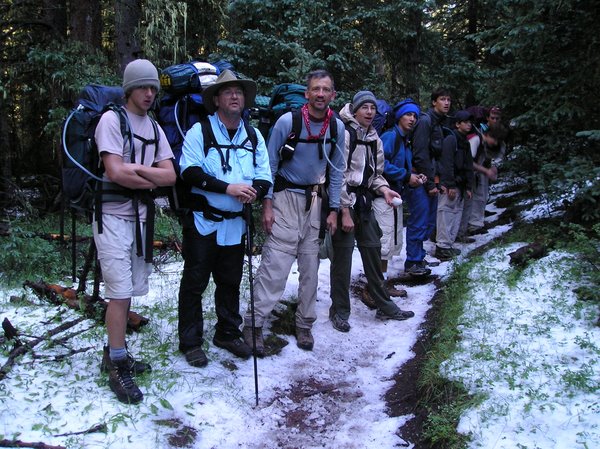Lecture videos by Sean Carrol, Discover.com
Time by David Eagleman
The perception attributed to an event at time T0 depends on what happens next. We are 80mSec delayed like a broadcast of a live event. Within this window we bring together many asynchronous events and construct a seamless, synchronous specious present.
1. We live in the past, information is slightly in the future.
2. temporal order re-calibrates - the narrator rearranges things in time and synchs touch with hearing with vision with taste.
3. Time is not one thing - duration, initiation, synchronized, flash rate...
4. subjective duration indexes neural energy
Subjective duration is a measure of energy used.
Larger Neural response - larger subjective duration
subjective duration varies with neural energy
Complexity by Raissa D'Sousa
Information is physical. heat flow can order information
Algorithms, such as DNA replication, use work to order information
more complexity can give rise to more fitness or functionality so the evolved, complex system dominates.
non-zero sum. Some coordination between systems can yield a win-win.
Time as the engineer in biology, finding variable motifs, combining them into more complex structures, building more sophisticated systems. Biology builds engineers, engineers build machines.
Complexity by Geoffrey West
Biology embodies time.
A city is an organism that never dies, Hiroshima came back, Detroit will come back
A human lives for 100 years
Life scales at a simple, fixed, non-linear relationships
Life is sustained by networks
"Life has taken advantage of the possibility of using space-filling, fractal-like surfaces (where energy and resources are exchanged) to maximize energy transfer from the environment."
"Network geometry and dynamics controls the pace of life at all scales leading to an emergent "universal" time scale" A mouse and an elephant have the same number of heartbeats in a lifetime but the interval between beats is scaled, self-similar.
The pace of life systematically slows with increasing size.
Cities and Social Networks
Grand Unified Theory of Sustainability
Choice by Malcolm MacIver
The motor volume is the space the organism can cover in delta T.
The sensory volume is the space the organism can gather information from in delta T.
"The 'metabolic cost of information' combined with the energetics of movement can give signifigant insight into problems where informational and mechanical constraints are being met at the same time by an organism -- which may frequently be the case in behavior."
"Consciousness is the operation of the plan-execution mechanism enabling behavior to be driven by plans rather than immediate environmental contingencies." - Bruce Bridgeman
Subscribe to:
Post Comments (Atom)


No comments:
Post a Comment